Gas equipment repair and maintenance fitter
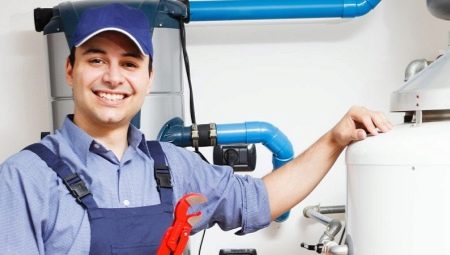
Gas equipment repair and maintenance fitter Is a responsible position that requires high-quality training of people applying for this job. Today in our article we will talk about the features of this specialty.
Pros and cons of the profession
Locksmith for maintenance, repair and operation of gas equipment - this is a person who is engaged in the repair, adjustment and elimination of defects in the equipment of the gas sector (this can be equipment designed for receiving, transporting, processing, storing, etc.). If you are interested in this profession, then before making a final decision on obtaining an appropriate education, it is recommended to carefully evaluate and analyze all the advantages and disadvantages of the profession.
So, first of all, it should be said that specialists from this field are in great demand in the modern labor market. Moreover, the higher the educational level, as well as the greater the competencies and skills a person has, the more relevant an employee he will look in the eyes of employers. Often, a professional fitter for the repair and maintenance of gas equipment is an irreplaceable employee of the enterprise. It is also worth noting that specialists receive a fairly high material remuneration for their work (This is especially true for those people who work in large enterprises in the private sector).
On the other hand, it should be borne in mind that rather high requirements for training are put forward to a specialist. In this case, not only the formal presence of a diploma is important, but also real theoretical knowledge and professional skills. At the same time, the locksmith will have to improve his qualifications throughout his professional career. In addition, it is important to note (and this can be attributed to the disadvantages of the profession) that the working conditions of a specialist are quite difficult and dangerous.
That is why employers put forward increased requirements for the physical fitness and endurance of a specialist.
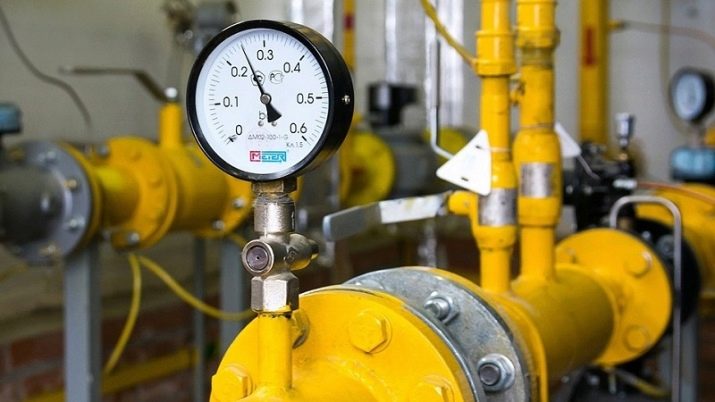
Requirements for employees
In order for a gas equipment maintenance specialist to be able to efficiently and efficiently carry out his professional functions, he must have a number of essential personal and professional characteristics.
Personal qualities
Among the most important personal characteristics that should be inherent in a locksmith are:
- attentiveness;
- a responsibility;
- discipline;
- logical thinking;
- analytical mind, etc.
Personal characteristics of a person are as important as professional qualities.
Education and experience
In order to take the position of a locksmith for the repair and operation of gas equipment, you need to get an appropriate education and acquire at least minimal work experience. Thanks to this, a person will acquire the necessary knowledge and skills, namely:
- detailed knowledge of gas supply schemes;
- understanding the principles of starting gas into specially designed equipment;
- existing types of specialized devices and mechanisms;
- options for repair and adjustment of equipment;
- technical features of the equipment;
- rules for testing mechanisms;
- safety rules, etc.
However, this list of professional knowledge and skills is not final and exhaustive. The more competencies you possess, the more in demand you will be among employers, the easier it will be for you to stand out from other candidates for the position, and the faster you will get the desired position.
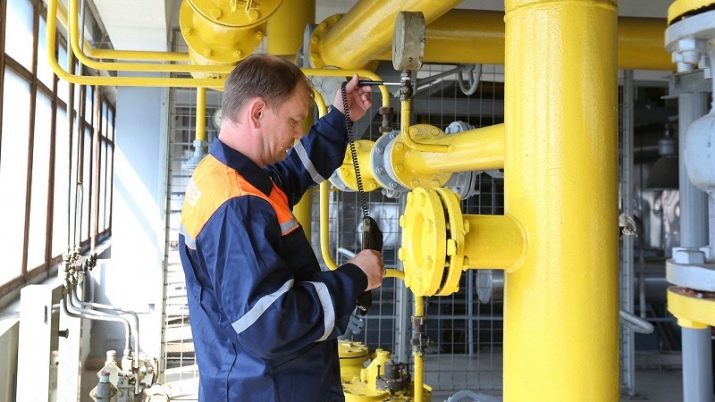
Job responsibilities by grade
The gas equipment maintenance locksmith carries out his working functions in accordance with such documents as job description, ETKS, etc. Each specialty has its own professional standard. At the same time, the requirements for a specialist depend on the specific place of work (for example, the service of underground gas pipelines, the area of the steam and gas turbine economy, etc.), as well as on the category.
First
According to ETKS, a gas equipment repair and maintenance fitter cannot have the first category. This qualification is not included in the profession description.
Second
Specialists of the second category carry out the following functions:
- specialized work on changing home gas stoves;
- work on the creation of seams on the cylinders;
- preparation of component parts;
- application of stamps, etc.
Since this category is considered the lowest, the tasks are quite easy. However, even a novice specialist is required to have a sufficient amount of knowledge in the field of the rules for using gas equipment.
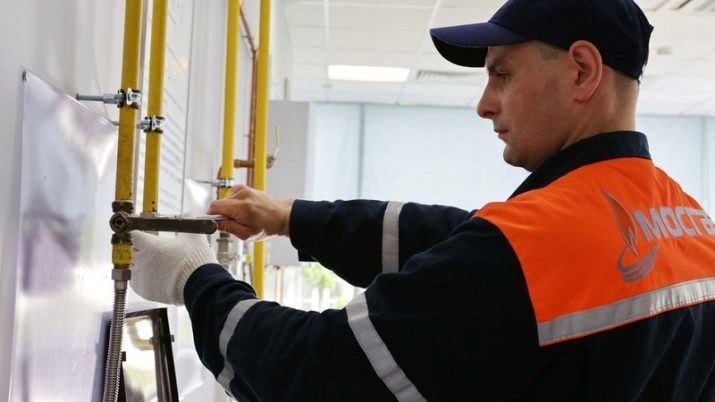
Third
Locksmiths who have been assigned the third category must perform the following functions:
- replacement of semi-automatic heaters;
- gas injection into devices intended for domestic use;
- repair of the equipment of the gas-holder station;
- preventive and inspection work;
- change of gearboxes, etc.
An employee with the third grade must know the rules for supplying gas to residential buildings and the principles of using gas equipment located inside the house.
Fourth
Grade 4 employees are responsible for the following tasks:
- change of capacitive automatic water heaters;
- tie-in and cut-out of functioning gas pipelines;
- maintenance of all types of gas equipment;
- installation work;
- replacement of burners for heating stoves, etc.
Mandatory knowledge at this level of professional development should include theoretical knowledge of the rules and principles of gas supply to residential buildings, public utilities and boiler houses.
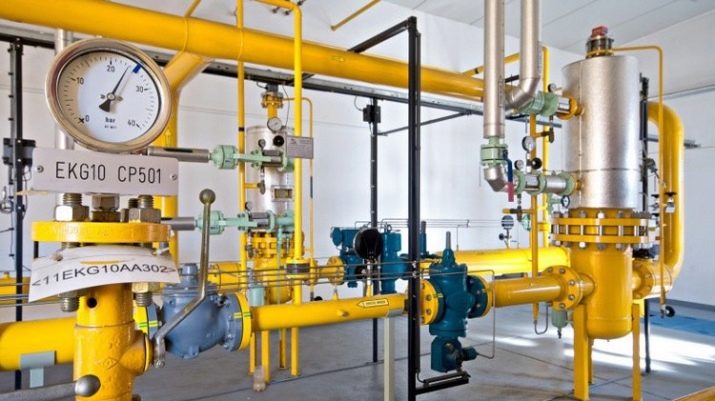
Fifth
Fifth grade specialists should be able to:
- set up gas control points;
- supervise subordinate employees;
- regulate evaporation mechanisms;
- draw up reporting documentation;
- to establish the operation of measuring instruments, etc.
Thus, specialists of the fifth category carry out complex and responsible functions, as they are the most qualified specialists.
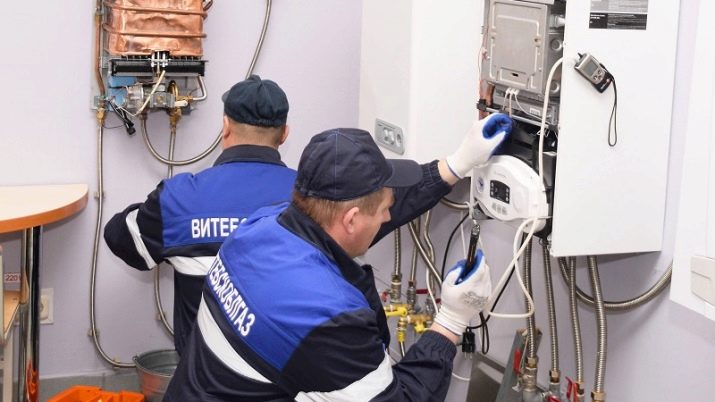
Where to get training?
Training in the specialty of a locksmith in the complex maintenance of gas equipment should be held in institutions of secondary specialized education, namely - in colleges and technical schools. At the same time, it is advisable to choose specialized educational institutions located in large cities or in the capital, since they enjoy authority among the professional community. After you have chosen a specific educational institution, you should contact the admissions office of the educational institution in order to find out what exams you need to take for admission. Traditionally, the learning process lasts about 3 years.
It is important to note that myself the learning process is quite complicated, therefore, students should pay maximum attention to theoretical training, since in the learning process, young people will master a large amount of specialized technical knowledge. In addition, it is important practical training, during which a young specialist acquires professional skills that will be indispensable in the course of work. In addition, it should be remembered that in no case cannot be limited to receiving only basic educationyou must constantly improve your professional level by attending specialized educational events: for example, lectures, seminars, conferences, etc.
Kudos and job prospects
The profession of a fitter for the repair and maintenance of gas equipment is quite prestigious and promising. Increasing your rank an employee can apply for leadership positions.
The average salary of a specialist is 50,000 rubles, while this number may exceed 100,000 rubles.









